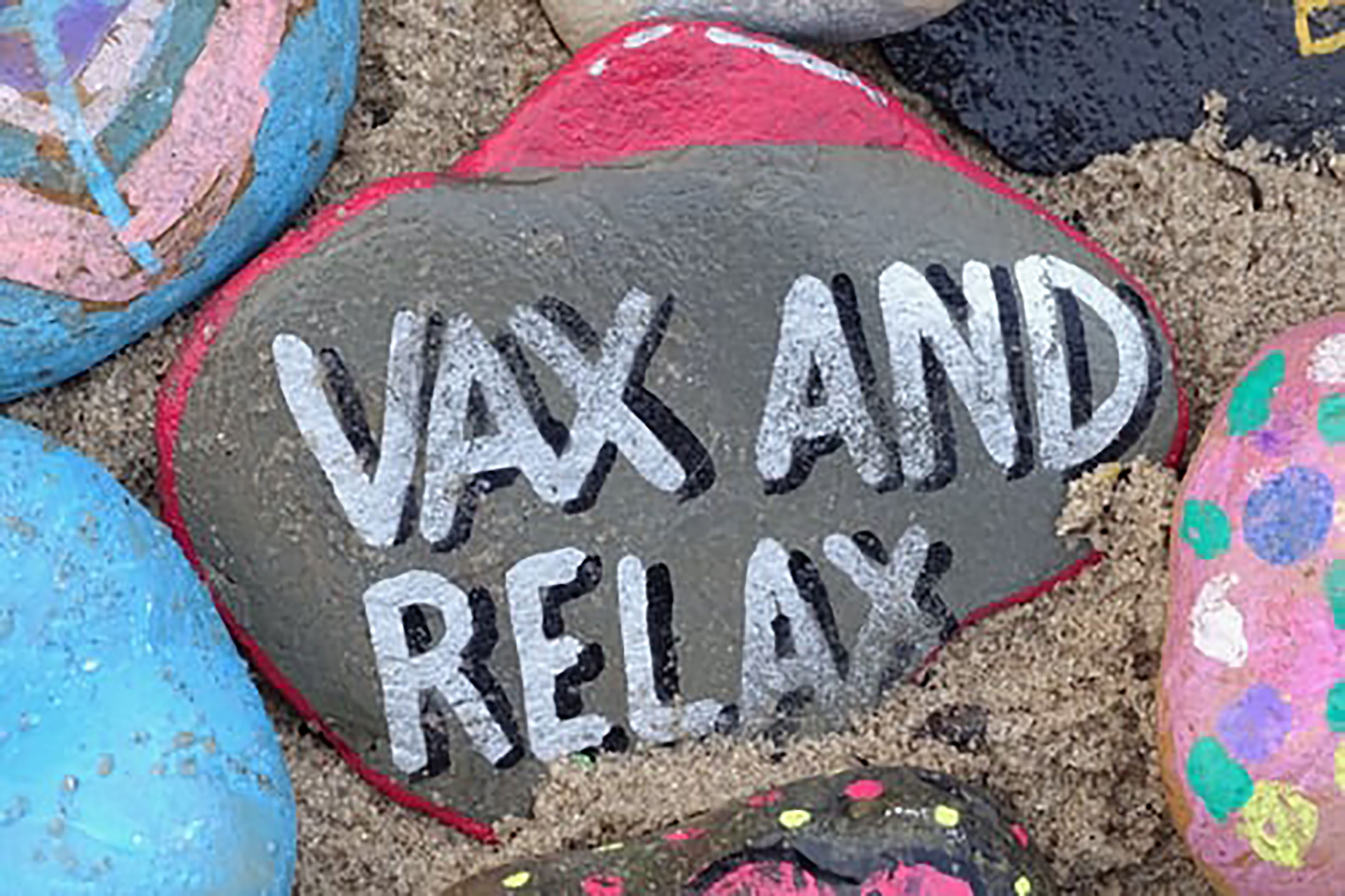
| High-income country confirmed dose total: | 5.9 billion |
| Upper-middle-income country total: | 1.8 billion |
| Lower-middle-income country total: | 961 million |
| Low-income country total: | 270 million |
| COVAX total: | 2.4 billion |
| Total worldwide confirmed purchases of Covid-19 vaccines: |
11.3 billion doses |
INSIGHTS
Is vaccine tourism ethical?
Author: Blen Biru
According to Our World in Data, 1.78B people are fully vaccinated against COVID-19 across the world. About 16% of the fully vaccinated (289M people) live in the US, which has a very high rate of vaccination, especially compared to neighboring countries in Latin America. The abundance of available vaccines in the US has attracted foreign travelers from South America and other parts of the world looking to get vaccinated, referred to as vaccine tourism. An estimated 70,000 people from Peru alone have traveled abroad in search of COVID-19 vaccination.
Vaccine tourism in the US is becoming more prevalent with Houston, Dallas, Miami, and Las Vegas being the most visited destinations. States such as New York are also promoting vaccine administration in popular tourist destinations. This presents an opportunity for travel agencies to promote tour packages to wealthier countries such as US and UK, complete with vaccination.
In Europe, Serbia had excess doses of supply which attracted individuals from neighboring countries: Macedonia, Montenegro, Bulgaria, and Albania although it has temporarily suspended access to foreigners as of April 09, 21 to prioritize Serbian citizens.
The primary reason for vaccine tourism is the delayed vaccine distribution in the travelers’ home countries. Many countries around the world still face dire shortages of vaccine, and some have none at all.
People are also traveling in order to get access to the vaccine of their choice, particularly those in LMICs, where mRNA based vaccines (such as Pfizer-BioNTech and Moderna) are not readily available,
The legality of vaccine tourism seems to be ambiguous. In the US, the CDC has stated that there are no citizenship or residency requirements to receive COVID-19 vaccine, which is largely to ensure that requirements for identification do not hamper vaccine uptake, particularly for marginalized communities in the US.
While the policy is designed to promote vaccine equity within the US, vaccine tourism certainly does not; the wealthiest people in poorer countries are able to get access to vaccines first because they can afford to travel. Some argue that countries like the US would do better to donate excess doses instead of giving access to wealthy foreigners who may not necessarily be at risk. That way, the recipient governments would be able to allocate the donated vaccines to highest priority populations – a way that might promote equity.
On the flip side, allowing foreigners access to vaccines might help reduce the healthcare system burden in their home countries and could increase the number of vaccinated people contributing to herd immunity (Though it’s also worth noting that people might increase their chances of infection when traveling, seeking vaccinations). Further, the administrative burden (and chilling effect for undocumented populations) of requiring proof of residency would likely be untenable for local vaccination sites in the US.
These factors should be taken into consideration when assessing vaccine tourism. However, the ultimate solution to vaccination and achieving herd immunity across the world is equitable distribution of vaccines. In addition to bilateral purchases, donations and supply for the COVAX facility play a huge role in ensuring access everywhere and the vaccine tourism numbers clearly show that we have not yet succeeded.
INTERESTING TRENDS
Significant updates, news, and trends we saw last week:
- Samsung is officially chosen as Korea’s fill and finish manufacturing partner for Moderna.
- J&J suspended in Belgium for under age 41s due to adverse effect associated death.
- WHO requested more data on Sinovac prior to approving a second Chinese vaccine for an emergency-use listing (EUL).
- Per the IMF, a $50 billion investment by rich countries to vaccinate people in poor countries would end the pandemic earlier and result in a $9 trillion in additional economic growth.
- India has restricted purchases and agreements only to the government; private sectors are not allowed to sign contracts anymore. State governments are also not able to negotiate with pharmaceutical companies such as Moderna and Pfizer.
- Medicago released promising mid-term results and is hoping for Q3 authorization in Canada.
- Sanofi-GSK released promising Phase 2 results and have launched Phase 3 trials, which will test efficacy against the South African variant, as well as the original strain. Production of the vaccine candidate is expected to begin “within weeks.”
- CureVac expects EU authorization in June.
- “Sputnik Light,” the 1-dose version of Sputnik V, expects to file for emergency use authorization in India in June and is being fast tracked for approval.
- The European Union continues its court case against AstraZeneca, suing for damages arising from delayed delivery of a vaccine it doesn’t even want or need anymore. As AstraZeneca is the only company so far that has kept a pledge to sell its Covid-19 vaccine at no-profit, and as much of the world is desperately waiting for AstraZeneca doses, we suggest that perhaps the EU could reconsider and let AstraZeneca get on with their work.
For more information on our research on Covid-19 vaccine supply, please see https://launchandscalefaster.org/COVID-19.
